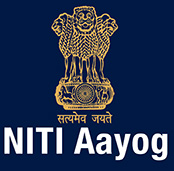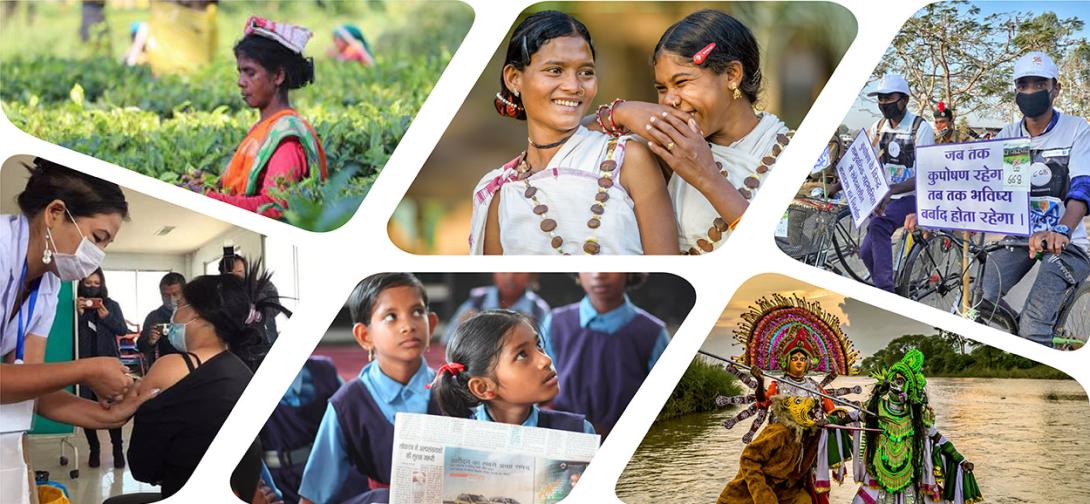Covid-19: An Awakening!
The Covid-19 pandemic has brought to heel the most powerful nations in the world and ground life to a standstill. India too is currently in Lockdown 4.0 and struggling to combat the spread of the virus. However, sooner or later, a vaccine or cure will be found, and life as we know it will go back to what it was, or should it? Surely, Covid-19 is not the last pandemic in human history. Every hour there is a new development in technology, similar upgrades are also required for our mental, physical, and ethical well-being. Are we progressing or are we regressing? Now is the time for some much-needed introspection.
The first confirmed case of the novel coronavirus in Japan was detected in mid-January, almost a month before Italy, which had become the epicentre of the disease. Although Japan has a higher percentage of elderly people than Italy, it still successfully managed to contain the virus. Perhaps the reason is the swift imposition of measures by the Japanese government and their traditional culture—no greeting people by shaking hands, prioritizing hygiene, love for local diet, green tea, and nature. Among the ten oldest people to have climbed Mount Everest, five are from Japan, including the oldest person who was eighty years old when he scaled the highest peak in the world. The Japanese have the highest life expectancy and lowest obesity levels in the world, apart from having the lowest risk of developing age-related illnesses. No surprises then that Japan boasts of the highest number of centenarians in the world!
Why is understanding the Japanese example important? The Japanese repose great faith and belief in their traditions. India too is home to diverse cultures and traditions. It is time for us to restore faith in our time-tested traditions as well.
Our elders have always emphasized the importance of yoga. Now an international phenomenon, yoga, it has been proven, results in better blood circulation, body flexibility, reduces stress, improves breathing, and most importantly, keeps viruses and allergies at bay. Instead of practising yoga only on International Yoga Day, 21 June, we should practise it daily, at least for 30 minutes.
As the country locked down in the wake of Covid-19, the environment finally breathed in relief. Skies became clearer, pollution levels plummeted-to the extent that Delhi residents finally saw starry nights-rivers became cleaner, and nature started to heal. Now that gradually things are restarting, it is important to not let this progression and healing go to waste-it would perhaps be a good exercise for the whole country to practise self-lockdown for at least a week biannually? The government, and subsequently employers, could encourage people to cycle to work one or two days in a week. This will have multifaceted benefits—not only will it increase the wellbeing of people but also reduce pollution. In fact, to this end a start has already been made. Raahgiri Day is celebrated in many cities across the country. Held on Sundays, the event lasts for 3–4 hours and is a citizens’ initiative to reclaim roads from cars and promote sustainable mobility options. This could be made into a pan-India exercise.
Let food be our medicine: consuming fresh vegetables, fruits, cereals, pulses, and farm products and abstaining from processed and packaged foods will not only strengthen our immunity but also benefit our agrarian sector where almost 49% of our workforce is engaged. Maintaining good hygiene and following a socially friendly routine are necessities we need to understand and imbibe. Fasting is yet another way of boost immunity. Like every machine or system needs a break, our digestive system and body also need a break to detoxify itself.
After all, health is wealth, and it is indeed the need of hour to invest in the same and safeguard the future.
*Harish is Senior Statistical Officer, NITI Aayog. Views expressed are personal.
 National Portal Of India
National Portal Of India 


